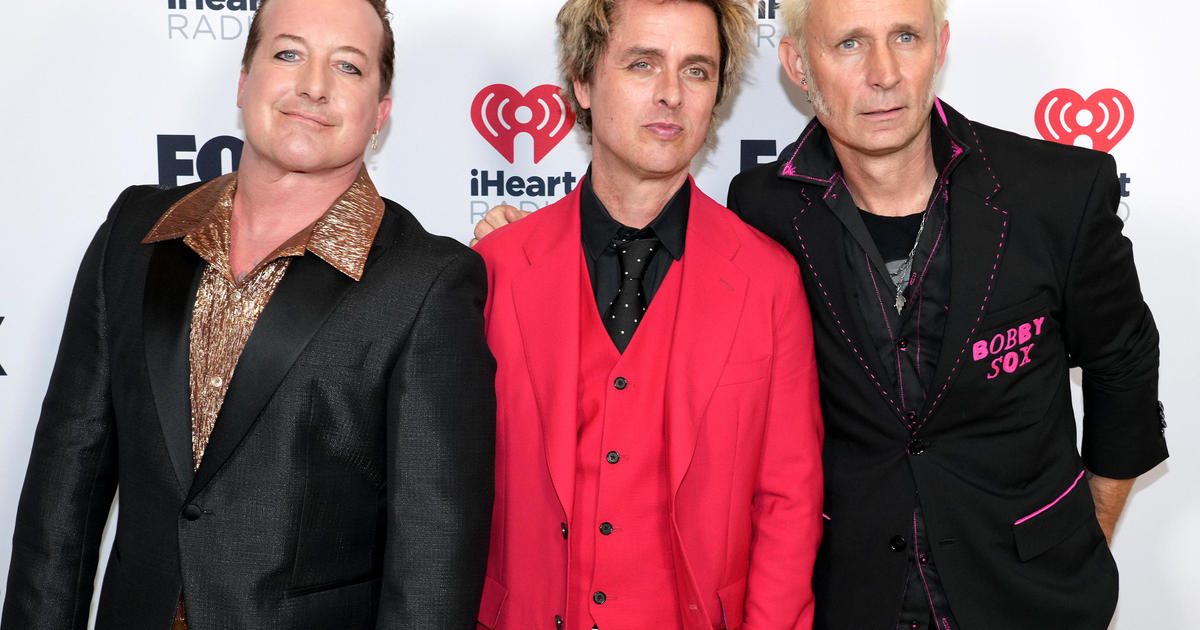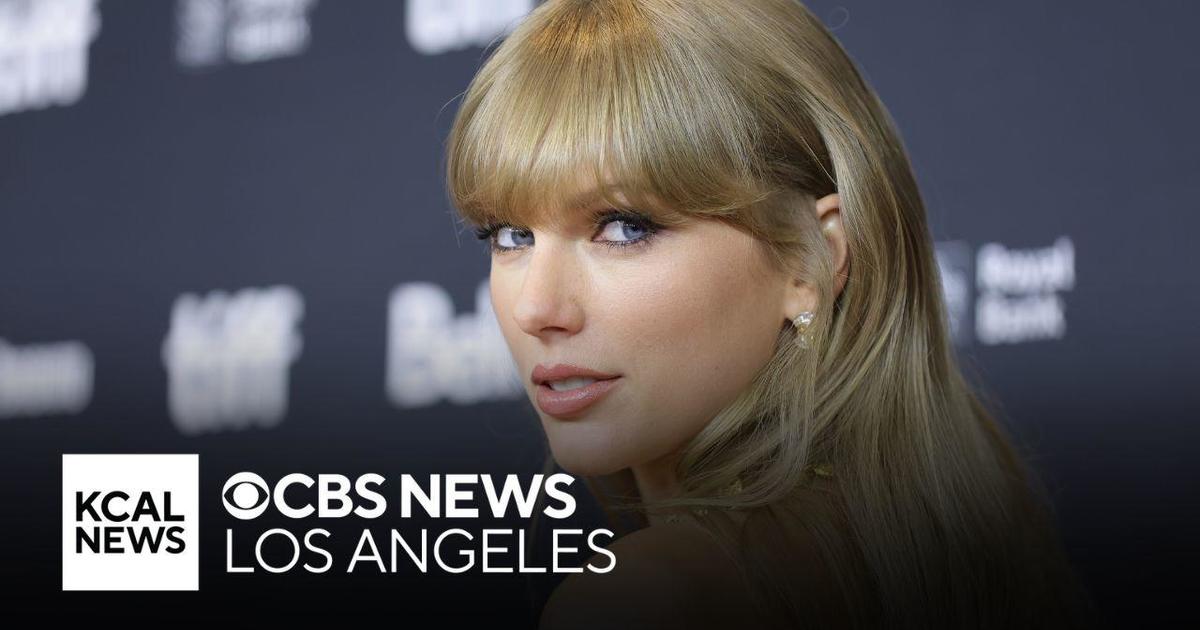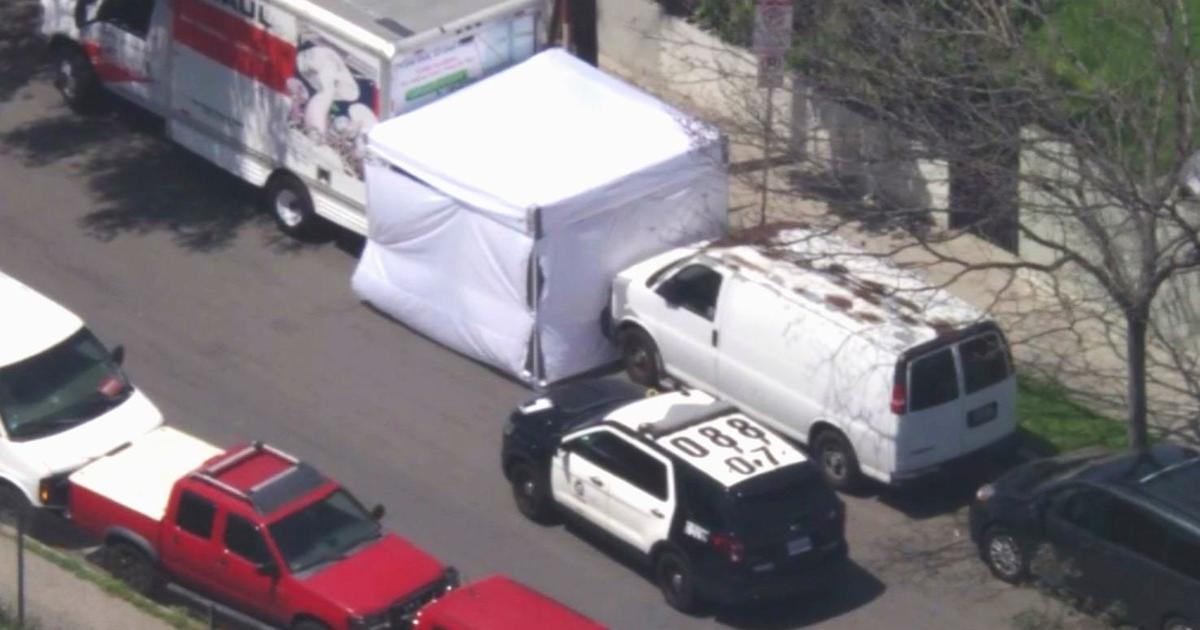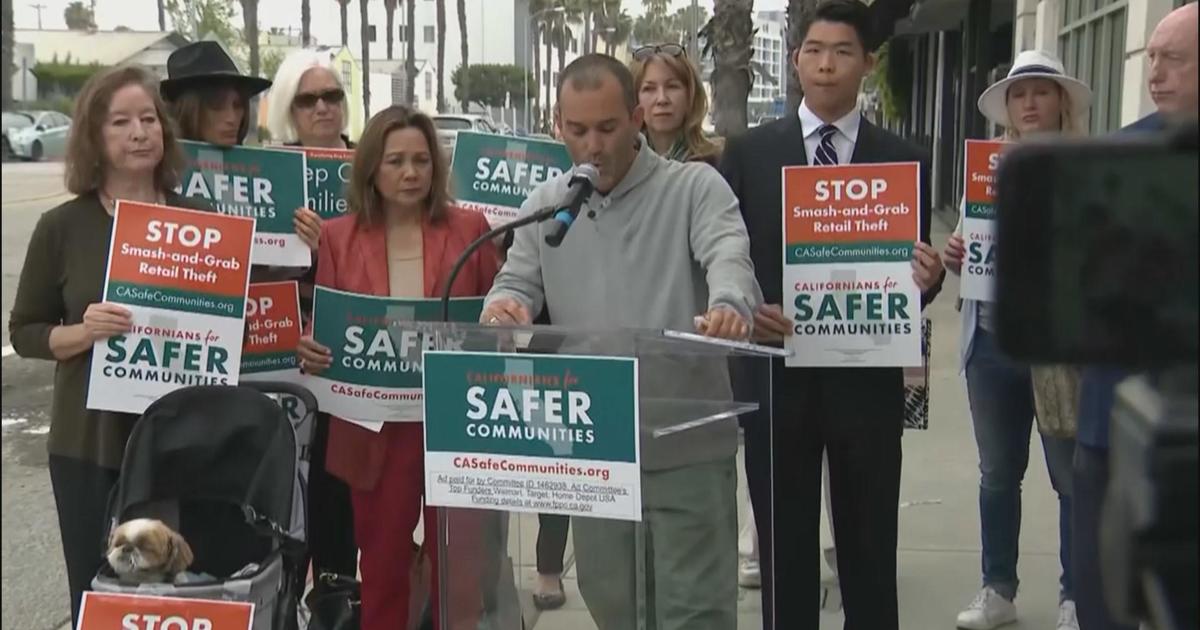California Sets Ride-Sharing Insurance Standards
SACRAMENTO (AP) — Drivers providing services for ride-sharing companies such as Lyft and Uber would have to carry a minimum level of insurance under a compromise the state Senate approved Wednesday.
Assemblywoman Susan Bonilla, D-Concord, said her AB2293 will ensure that drivers buy insurance that will protect the public.
Both of the major ride-sharing companies supported her bill after she agreed to reduce the required amount of excess insurance from $500,000 to $200,000 when drivers do not have passengers in their vehicles. That's on top of the basic policy requiring liability insurance of $50,000 for killing or injuring a single person, $100,000 for damage from a single accident and $30,000 for property damage, Bonilla said.
The companies previously had objected that lawmakers were stifling innovation by insisting on more expensive liability insurance. The rapidly developing ride-sharing industry lets drivers use their own cars to transport customers, who summon drivers using mobile applications.
"The point of this bill is not to stifle innovation but rather to ensure it does not come at the cost of public safety," said Sen. Holly Mitchell, D-Los Angeles, who carried the bill in the Senate.
The Senate approved the bill on a 30-4 vote, sending it to the Assembly.
The measure also makes it clear that the burgeoning industry falls under the oversight of the California Public Utilities Commission, among other provisions.
Lyft said in a statement that the bill "provides regulatory clarity for the ridesharing community in California." It noted that riders and drivers will continue to be protected by Lyft's $1 million insurance policy as soon as a driver agrees to pick up a passenger.
"Common sense has prevailed and the winners are Californians," Uber spokeswoman Eva Behrend said in a statement.
Sen. William Monning, D-Carmel, chairman of the Senate Insurance Committee, objected that his committee found that drivers should carry at least $750,000, the same required of limousines. Under the bill, the maximum payout would be $300,000 if a driver has not yet been matched with a passenger.
The compromise bill, he said, "compromises the public health and safety."
Consumer Attorneys of California dropped its support of the bill for a similar reason, saying in a statement that under the lower level, "only a fraction of those at risk are protected."
(© Copyright 2014 The Associated Press. All Rights Reserved. This material may not be published, broadcast, rewritten or redistributed.)



